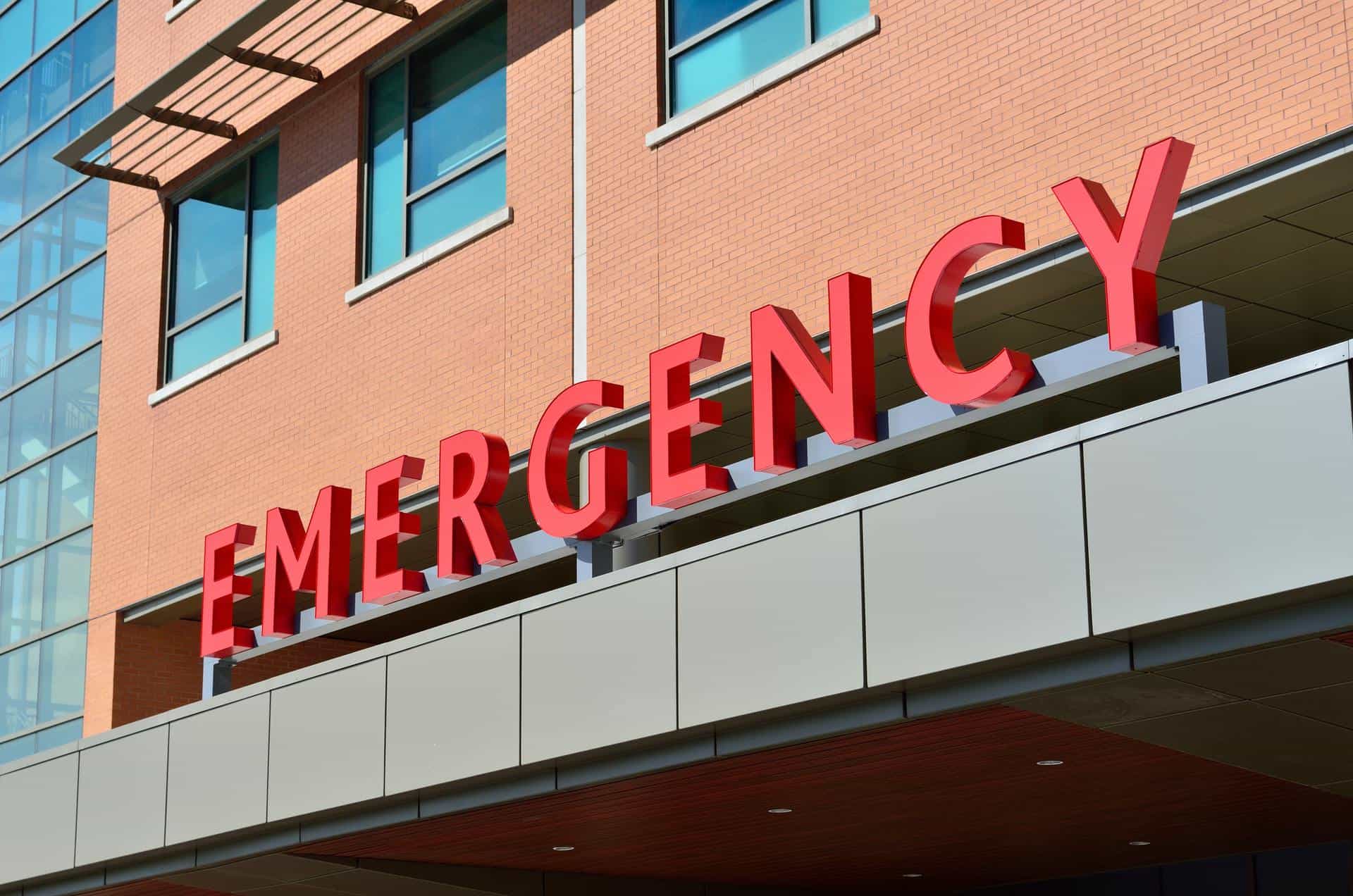The Centers for Disease Control (CDC) released a Coronavirus Disease 2019 (COVID-19) Hospital Preparedness Assessment Tool . The document outlines six best practices in regards to Coronavirus preparedness for hospitals and medical centers. Hospitals are not required or mandated to follow these six practices. However, they are strongly advised to review and apply them in preparation for potential arrivals of COVID-19 patients. The six best practices for Coronavirus preparedness for hospitals include…
- Prevent the spread of respiratory diseases including COVID-19 within the facility
- Promptly identify and isolate patients with possible COVID-19 and inform the correct facility staff and public health authorities
- Care for a limited number of patients with confirmed or suspected COVID-19 as part of routine operations
- Potentially care for a larger number of patients in the context of an escalating outbreak
- Monitor and manage any healthcare personnel that might be exposed to COVID-19
- Communicate effectively within the facility and plan for appropriate external communication related to COVID-19
Focusing and expanding upon the sixth suggested guideline, there are a multitude of ways medical facilities need to approach communication in the midst of the Coronavirus epidemic.
The start of Coronavirus preparedness for hospitals includes asking patients the right questions. This can start with evaluating your current triage questions and process. You may already be asking patients if they’ve traveled recently. Adding targeted follow up questions like “where did you travel to?” and “What specific dates were you traveling during?” are directed towards identifying COVID-19 patients quickly. It’s not the methodology of collecting data that needs to change, rather the data points that are being collected. In regards to Coronavirus preparedness for hospitals communication is one of many topics covered in the Emergency Care Research Institute’s (ECRI) podcast episode titled Assessing Preparedness for COVID-19 Outbreak, featuring Paul Anderson (ECRI) and James Davis (ECRI).
“Transparent communication with patients. One of the most important and effective interventions in a public health response to any event is to proactively communicate what is known, what is unknown and what is being done to get more information, with the objectives of saving lives and minimizing adverse consequences” – World Health Organization
Informing the public about your medical center’s abilities and limitations when it comes to testing for the Coronavirius and/or managing patients with COVID-19 is key. A list of nearby treatment, testing, overflow, or quarantine centers should be accessible to all staff members for recommendation purposes. The World Health Organization (WHO) has published a document regarding Risk communication and community engagement (RCCE) readiness and response to the 2019 novel coronavirus.
Timely and effective communication with staff. Exposure and risk are forefront in the minds of all medical providers. In order to operate at their highest efficiency in times of crisis your staff members need to know that they are supported and properly informed. It’s imperative that you provide continual job/task-specific education and training on transmission prevention.The CDC recommends that medical facilities designate specific persons or teams of people who are responsible for communicating with public health officials and disseminating critical information as it relates to the larger staff. This reduces confusion, redundant communication, and increases the effective flow of critical information to staff members.
To learn more about the COVID-19 pandemic, visit CDC’s website.
To learn more about safety and communication solutions for healthcare systems visit our website.

